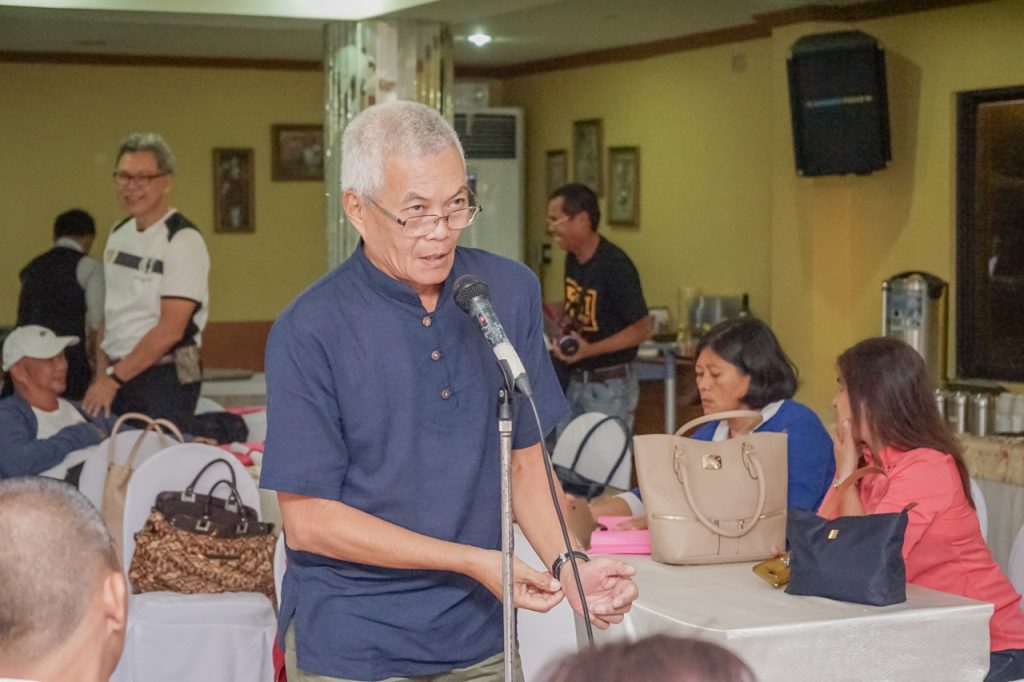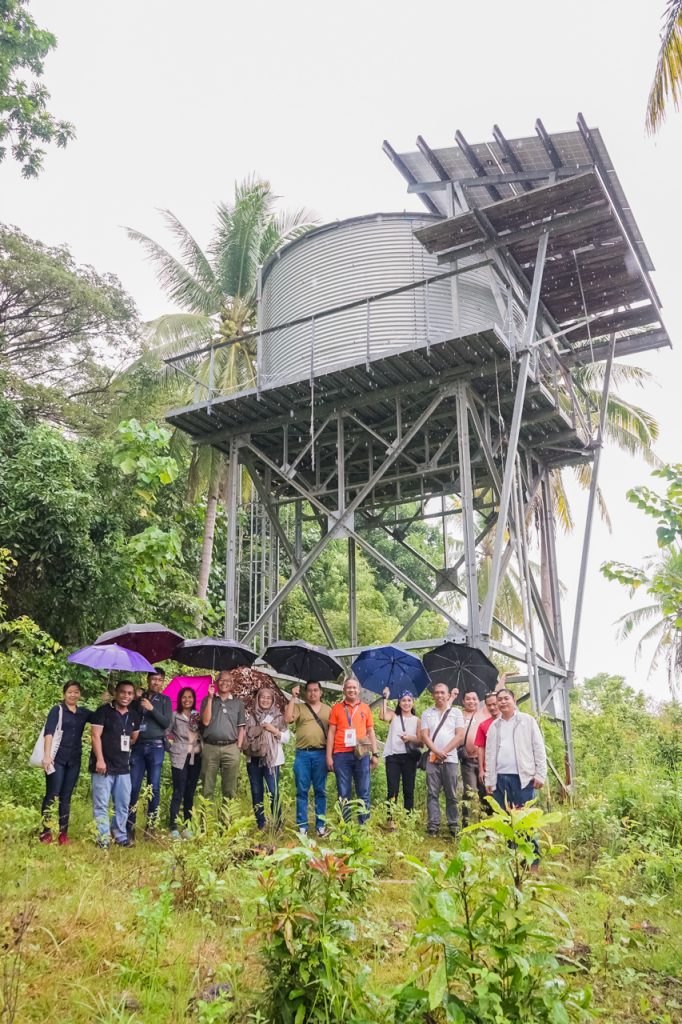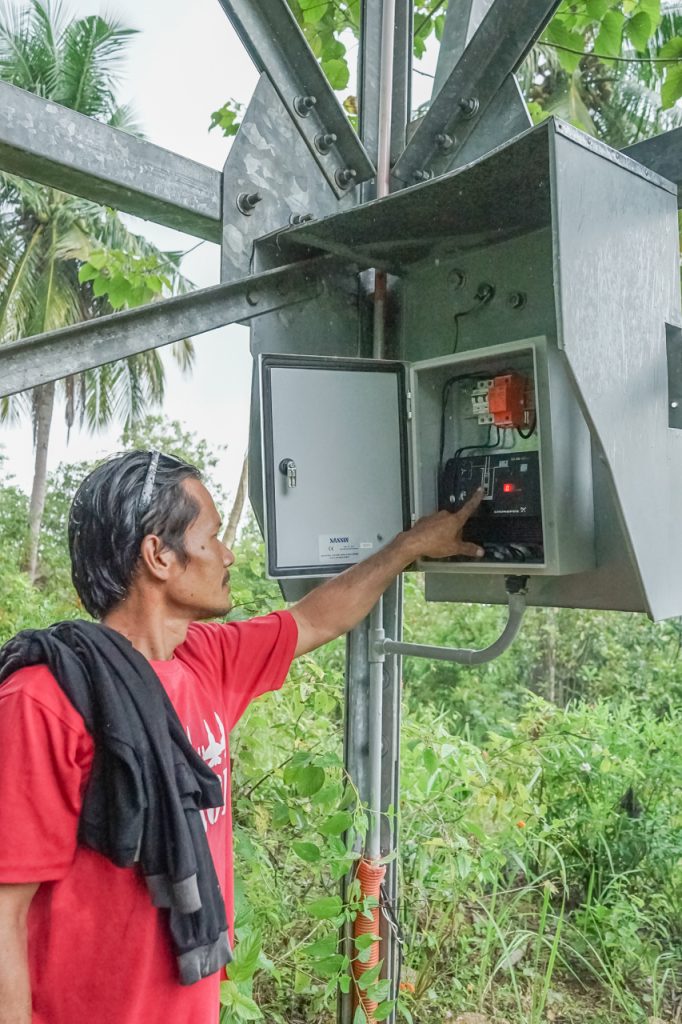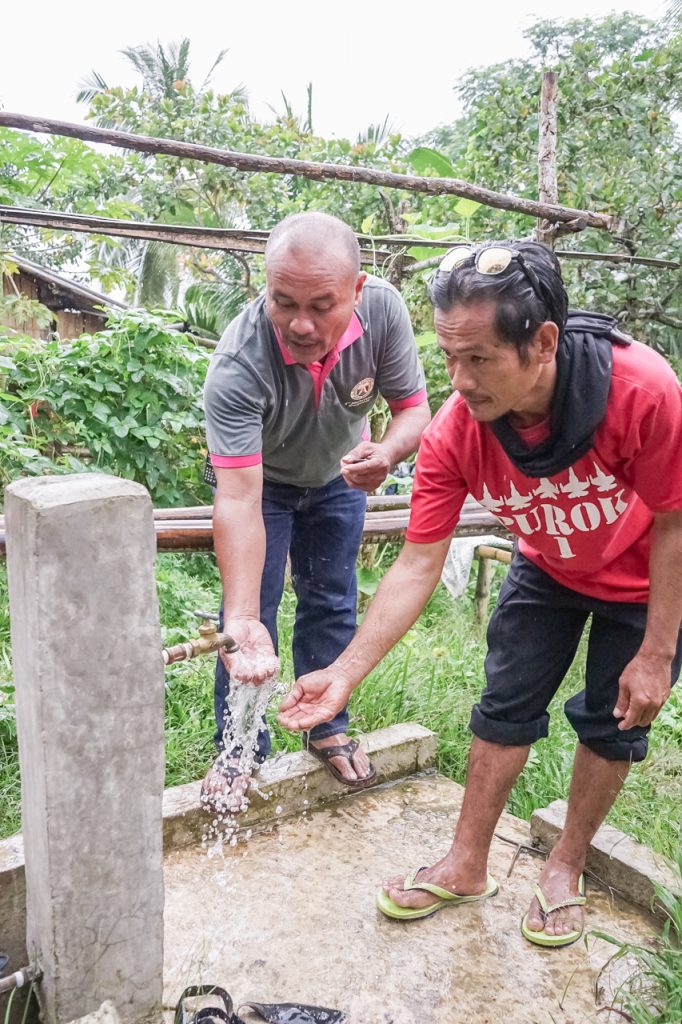The Department of Social Welfare and Development (DSWD) Region 10 recently held a forum with the members of the media to introduce its programs and services, January 15-16 at the Pearlmont Hotel. The forum also introduced updates on the promotive programs namely the Pantawid Pamilyang Pilipino Program (4Ps), Sustainable Livelihood Program (SLP), and the Kapit-bisig Laban sa Kahirapan Comprehensive and Integrated Delivery of Social Services National Community-Driven Development Program (Kalahi-CIDSS NCDDP).
DSWD Field Office 10 program focal persons introduced their respective programs to the media and entertained queries from the media present during the forum. Among the DSWD presenters were from Social Technology Unit, headed by Ms Morena B. Fernandez; Social Pension Program by Ms Daisy Ramos; Centers and Institutions by Ms Rosanel Pague; Kalipunan (formerly Convergence) by Mr Abdul Jabbar Usman; Ms Amelita Paye for Assistance to Individuals/Families in Crisis Situation (AICS); Mr Rhandy Ladoroz for SLP, Ms Kenneth Haze Sanchez for 4Ps; and Ms Teofreda Dingal for Kalahi-CIDSS NCDDP.

The Kalahi-CIDSS NCDD Program
Ms Teofreda Dingal, DSWD Region 10’s Deputy Regional Program Manager for DSWD Kalahi-CIDSS NCDDP said that the program has 3 key messages: DSWD Kalahi-CIDSS NCDDP is a means to achieve improved access to basic services and to participate in more inclusive local planning and budgeting, the program assists poor communities to facilitate improvement of the well-being of their barangay and its residents, and that the Community-Driven Development (CDD) is a well-documented and tested approach which empowers communities to take control of the planning, implementing, and resource investments in their locality.
Community-driven development (CDD) refers to an emerging approach in community development practice where processes, principles, strategies and resources are applied to ensure community empowerment by giving the people authority and control over decisions and resources. In the Philippines, CDD is implemented through the DSWD Kalahi-CIDSS NCDDP.

Part of the DSWD Kalahi-CIDSS community-driven development approach is the empowerment of women. According to the data provided by the DSWD Kalahi-CIDSS regional program management office through its Monitoring and Evaluation Unit, headed by Ms Gemima Lopez, that as of December 2017 – there are a total of 477 community subprojects spread throughout the 5 provinces of the region with a total of 26,539 paid-labor workers, 5,673 of which are women.
The most common community sub-projects in the region are farm-to-market roads and pathways which comprise 47% of the total number of sub-projects, followed by potable water systems, and health stations. Other community sub-projects include day care centers, pre & post-harvest facilities, bridges, flood-control structures, and school buildings.
Solar-Powered Potable Water System
The members of the media, together with the DSWD workers, visited Barangay Tugasnon, Alubijid, Misamis Oriental, headed by Mr Ruel O. Barros –Punong Barangay, where a solar-powered pump-driven potable water system was constructed through the DSWD Kalahi-CIDSS program grant of P1,173,972.80 and local counterpart from the Municipal Government of Alubijid, headed by Mayor Alvin Giovanni A. Labis, of P45,733.20 and community counterpart of P18,120.00 – totaling P 1,237,826.00.
According to Mr Arman Batutay, a community volunteer who heads the operation and maintenance of the water system – “kusog ang tubig nga gikan ani nga pump, di na mi maglisod sa pagkuha sa tubig (the flow of water from this pump is strong, we don’t have a hard time getting water now).”

A total of 366 households in Barangay Tugasnon benefits from the potable water system, there are also 203 households who are beneficiaries of the 4Ps program who benefits from this community sub-project.
Brgy. Tugasnon, Alubijid Misamis Oriental is one of the beneficiaries of DSWD KALAHI – CIDSS. It has 8 purok with a total population of 2,493, Total HH 597HH and 631 families.
The pump is powered by a 2.1Kwpk 265w Solar Polycrystalline system and produces an average of 20 cubic-meters per day – and is distributed throughout the barangay’s 10 designated tap stands.

CDD Adoption
The DSWD Kalahi-CIDSS National and Regional Program Management Offices continue to advocate to the local government units and communities in adopting the Community-Driven Development (CDD) approach in their local development plans with the aim of empowering communities, better local governance, maximization of resources towards need-responsive programs or projects and inclusive decision-making.


